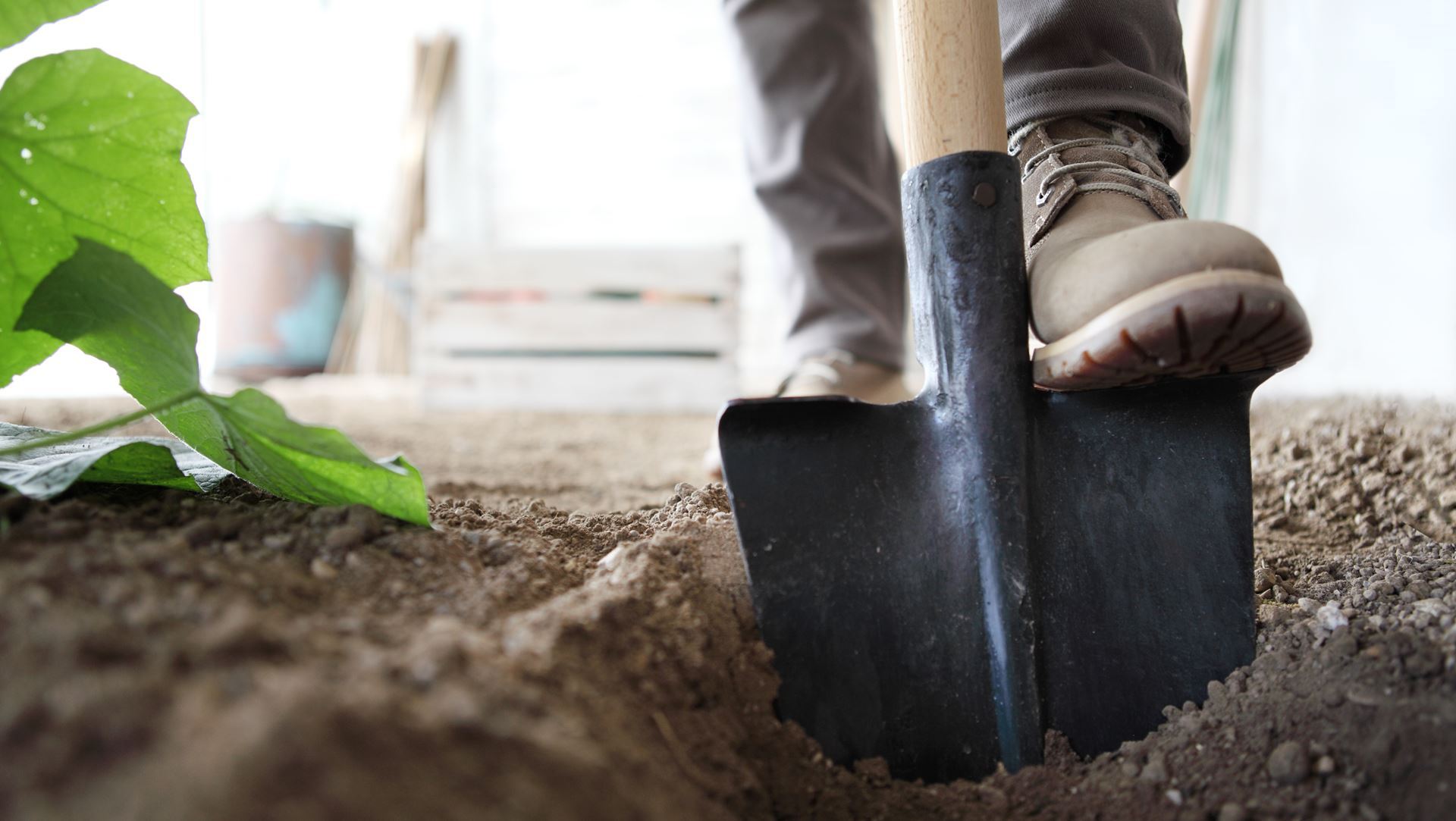
Over the last month, there has been much local policy movement. FDACS has released the Biden-Harris Administration Partnership Plan “Keeping Florida & America Growing,” and the agricultural legislation Farm Operations (SB 88) and the Fair Repair of AG Equipment Bill (SB 374) are moving through committees quickly. Below are some of the latest developments in food policy that we have been following.
Suwannee River Water Management District to Make Decision on Ginnie Springs Bottling Permit
Seven Springs, a company contracted by multinational corporation Nestlé, will soon know if it will be granted a permit to take nearly one million gallons of water a day from Ginnie Springs in Florida. A special meeting has been scheduled by the Suwannee River Water Management District Board to make a decision. The meeting will be held on February 23rd at 9 a.m. in the Suwannee River Fair pavilion. Public comment may be submitted until February 22nd or voiced in person during the meeting.
More information can be found here.
City of St. Petersburg Approves Allendale UMC as a Space for Vegetable Gardens
On February 3rd, Allendale United Methodist Church sought and received approval from the Development Review Commission of the City of St. Petersburg for a special exception modification to add two raised garden beds on the property to grow vegetables. Some neighbors within the Allendale community had been against the raised garden beds, while some argued they weren’t against the gardens themselves, but rather the appearance.
More information can be found here.
Read the minutes for the Commission meeting here.
Commissioner Fried releases FDACS and Biden-Harris Administration Partnership Plan
On February 2nd, Commissioner Nikki Fried released the “Keeping Florida & America Growing” Federal Partnership Plan between the Florida Department of Agriculture and Consumer Services and the Biden-Harris Administration. The 30-page plan developed with input from the department’s 19 divisions, details state and federal policies and initiatives that would promote Florida’s farmers and American-grown crops, protect consumers from fraud, improve water quality and conservation, modernize cannabis policy, advance renewable energy and energy efficiency, help children and families access nutrition and fight hunger, strengthen rural communities, expand voting rights, and improve diversity, equity and inclusion across government and society.
Read the full plan here.
More information can be found on the FDACS website.
Legislation to Modernize Florida's Right to Farm Protections (SB 88) Passes First Committee
On January 25th, Senator Jason Brodeur filed SB 88, Farm Operations, which would expand protections available under Florida’s Right to Farm Act. The bill would prevent a plaintiff from recasting a lawsuit as a negligence suit or another type of suit as a means of circumventing the legal protections for farming in the Right to Farm Act, and require a plaintiff to prove by clear and convincing evidence that a farming activity does not comply with state and federal environmental laws, regulations, or best management practices. The legislation also limits plaintiffs who may bring a nuisance lawsuit based on a farming activity to those located within one-half mile of the activity and limits damage awards to the market value of any property harmed by the nuisance. Unsuccessful plaintiffs would be required to pay the defendant farm’s attorney fees and costs in the limited circumstances that the lawsuit was based on a farming activity complying with environmental laws and agricultural management practices. Additionally, the bill adds agritourism to the definition of farm operation. On February 1st, the bill passed the Senate Committee on Judiciary.
Full text of the legislation can be found here.
Fair Repair of AG Equipment Bill (SB 374) Passes Florida’s Senate Agriculture Committee
On December 22nd, Senator Jennifer Bradley filed SB 374, Fair Repair of AG Equipment. The bill would require original equipment manufacturers of agricultural equipment to provide certain manufacturing, diagnostic, and repair information to independent repair providers and owners and prohibit the original equipment manufacturers from excluding certain information concerning security-related functions. On January 27th, the bill unanimously passed the Senate Agriculture Committee. Representative Joe Harding filed twin bill HB 511 in the House.
Full text of the SB 374 can be found here.
Full text of the HB 511 can be found here.
Civil Liability for Damages Relating to COVID-19 (SB 72) Moves to Florida’s Senate Commerce and Tourism Committee
On January 6th, Senator Jeff Brandes filed SB 72, Civil Liability for Damages Relating to COVID-19. The bill provides civil immunity from COVID-19 liability to businesses, educational institutions, religious institutions, governmental entities, and other covered entities that acted in good faith during the COVID-19 pandemic. If passed, the measure would require a court to dismiss without prejudice any lawsuit bringing a COVID-19 claim if the complaint is not pled with particularity or if the person filing the lawsuit fails to provide an affidavit of a physician attesting that the defendant caused the plaintiff's injuries or damages. The bill also provides a statute of limitations, severability and retroactive applicability. On January 25, the bill passed the Senate Committee on Judiciary and is now in Commerce and Tourism. A twin bill, HB 7, Civil Liability for Damages Relating to COVID-19, was introduced into the Florida House of Representatives by Representative Lawrence McClure.
Full text of SB 72 can be found here.
Full text of HB 7 can be found here.
“The National Climate Emergency Act” Unveiled by Senator Sanders and Representatives Ocasio-Cortez and Blumenauer
On February 4th, Senator Bernie Sanders (I-VT) and Representatives Earl Blumenauer (D-OR) and Alexandria Ocasio-Cortez (D-NY), introduced legislation mandating the declaration of a national climate emergency. “The National Climate Emergency Act” directs the President of the United States to declare a national climate emergency and mobilize every resource at the country’s disposal to halt, reverse, mitigate, and prepare for the consequences of this climate crisis.
More information can be found here.
Full text of the legislation is available here.